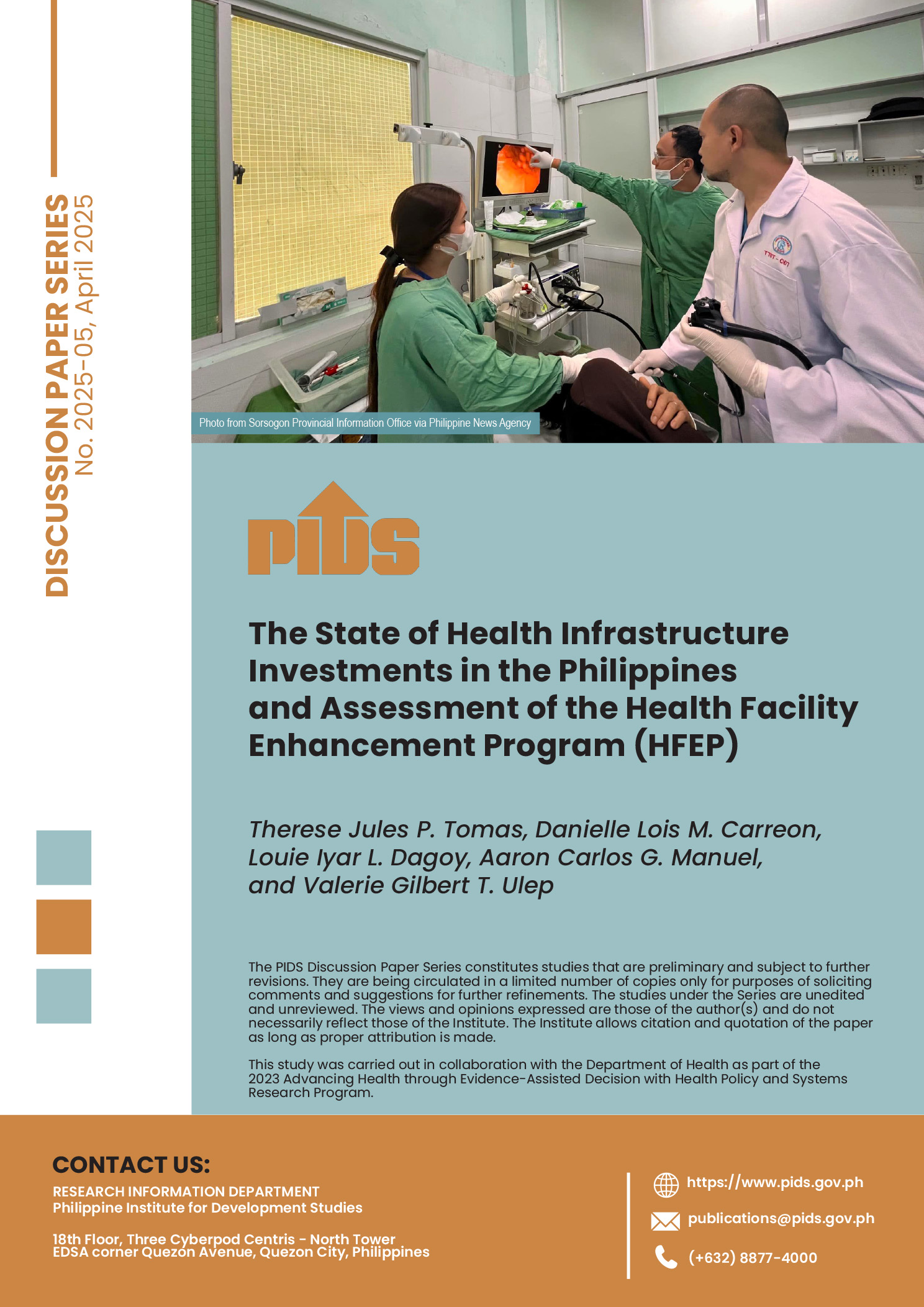A hallmark of Filipino culture is how we treat our elderly with respect and utmost care. Indeed, it is normal for a family to have at least one grandparent living with them—and if not living with them, then frequently visiting to make sure the children and grandchildren are doing well.
With this in mind, the government recognizes that the welfare of senior citizens can be a challenge for many families. That is why there is a need for social pension where senior citizens can receive monetary support and benefits.
According to a September 2019 Philippine Institute for Development Studies (PIDS) paper, the country has about 7.5 million senior citizens—aged 60 and above—as of 2015. This number is expected double to 14.2 million by 2050. What’s worrisome is that in 2015, up to 17.5 percent of the elderly are labeled “income poor,” representing roughly 1.2 million senior citizens who need support the most.
A study by the Coalition of Services of the Elderly pointed out that more than half of the country’s senior citizens receive no pension at all, regardless of contributory or social type. This is of serious concern, as the increasing health risks of advanced age, combined with fewer livelihood opportunities, leaves senior citizens very vulnerable, particularly if they receive little support from their relatives.
The Expanded Senior Citizen’s Act of 2010 (Republic Act 9994) that I authored while in the House of Representatives institutionalized the Social Pension for Indigent Senior Citizens (SPISC). Enacted in 2011, the program provides additional government assistance through monthly stipends.
Beneficiaries are primarily defined as senior citizens who are frail, sickly or disabled, and have no regular income or assistance from relatives. These beneficiaries would also have no Government Service Insurance System, Social Security System, or any similar type of contributory pension or insurance. Though the program started with an age minimum of 77 years old, as of 2016, this was moved to 60 years old and above.
Even better, the SPISC will now have a P23.18-billion allocation for next year for 3.8 million senior citizens, granting them each a P6,000 annual stipend. An additional P3,600 will be added from the Unconditional Cash Transfer program, as part of a three-year safety net program that began last year. Both will be administered by the DSWD, based on a national list and a set of eligibility requirements.
But again, we are not just talking about senior citizens. These are our beloved grandparents who have worked hard and sacrificed much for the sake of future generations. That is why I introduced SBN 133, which aims to increase the social pension monthly amount from P500 to P1,000, and to expand coverage to all those without any form of pension.
Fortunately, we are living in an opportune time, as our country has the demographic advantage: the size of the population who are of working age is relatively larger than its dependents. However, as demonstrated in the PIDS study, we are slowly becoming an “aging” country. That only means we have the opportunity to prepare for such demographic change.
We are already doing this with RA 10645, which gave mandatory PhilHealth coverage for all senior citizens, and RA 9994 itself provided for the 20-percent senior discount and VAT exemption on medical-related expenses, and other forms of assistance. SBN 133 will improve and expand on the SPISC, and make sure that it will regularly be reviewed so that the social pension can keep up with the times. It is a fitting further step that started with the original Senior Citizens Act that my father authored.
We should also absorb the key findings of the Melbourne Mercer Global Pension Index for 2019, which put us at the fourth lowest position among 37 nations. Our lowest score is in integrity, which means we must study how to improve governance, protection and communication with members, and operating costs. We did slightly better in terms of adequacy, which is about the benefits provided, and how efficient the pension system is. Our country, fortunately, is in the top 15 of the index when it comes to sustainability, which is about the economic importance of the private pension system, and levels of funding.
The report outlined key areas on how we can improve our rankings: increasing coverage and support; setting aside more funds in the public system for future use; and providing noncash out options. SBN 133, if enacted, will address some of these concerns. The others can be used a key talking points with all departments involved, moving forward.
Our grandparents and other elderly relatives have given their lives to make a better world for their loved ones. It is only just and compassionate that assistance for them be established, and enhanced. Support for existing programs, and further discussions and preparations for the future are needed. After all, all of us will become senior citizens ourselves.












